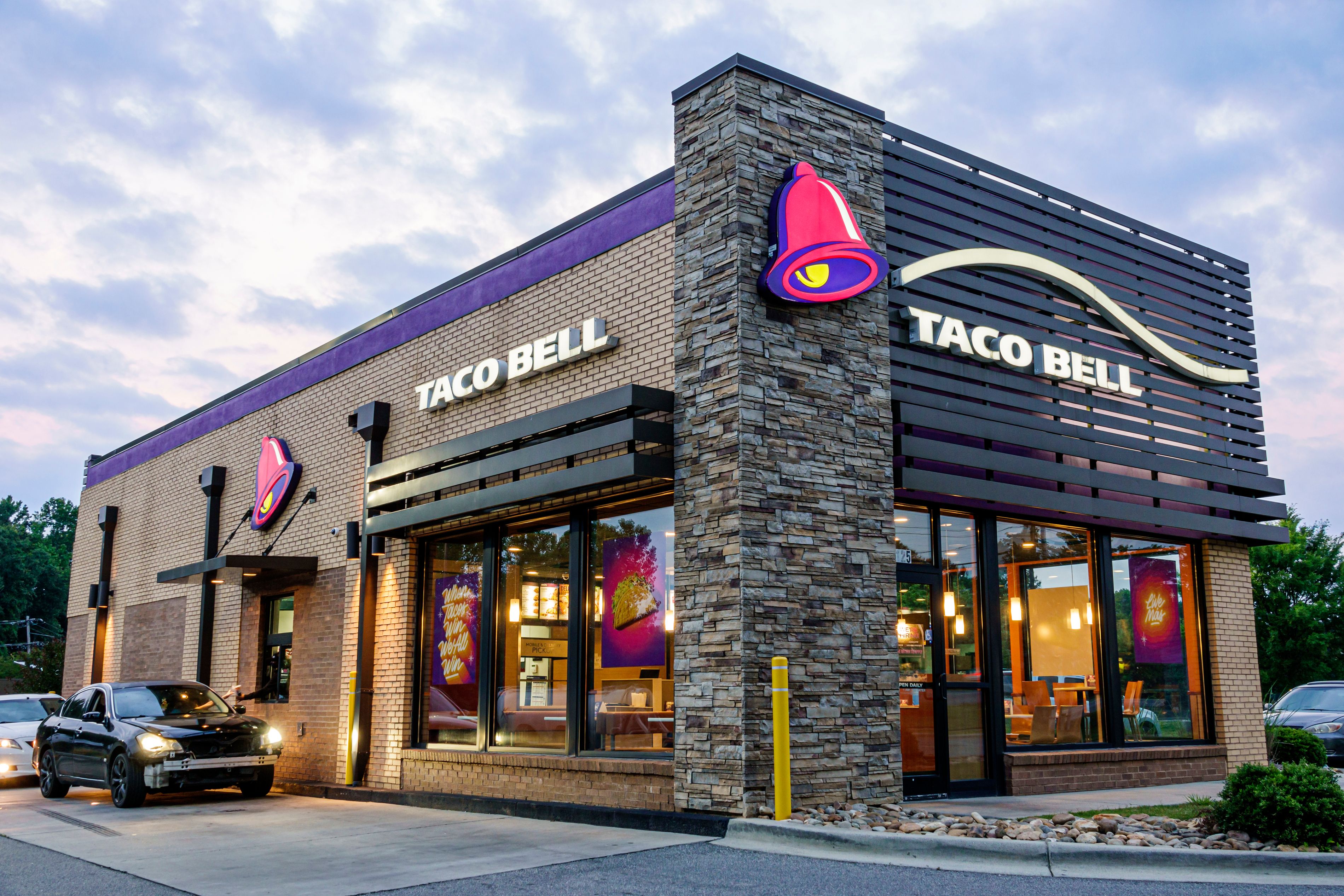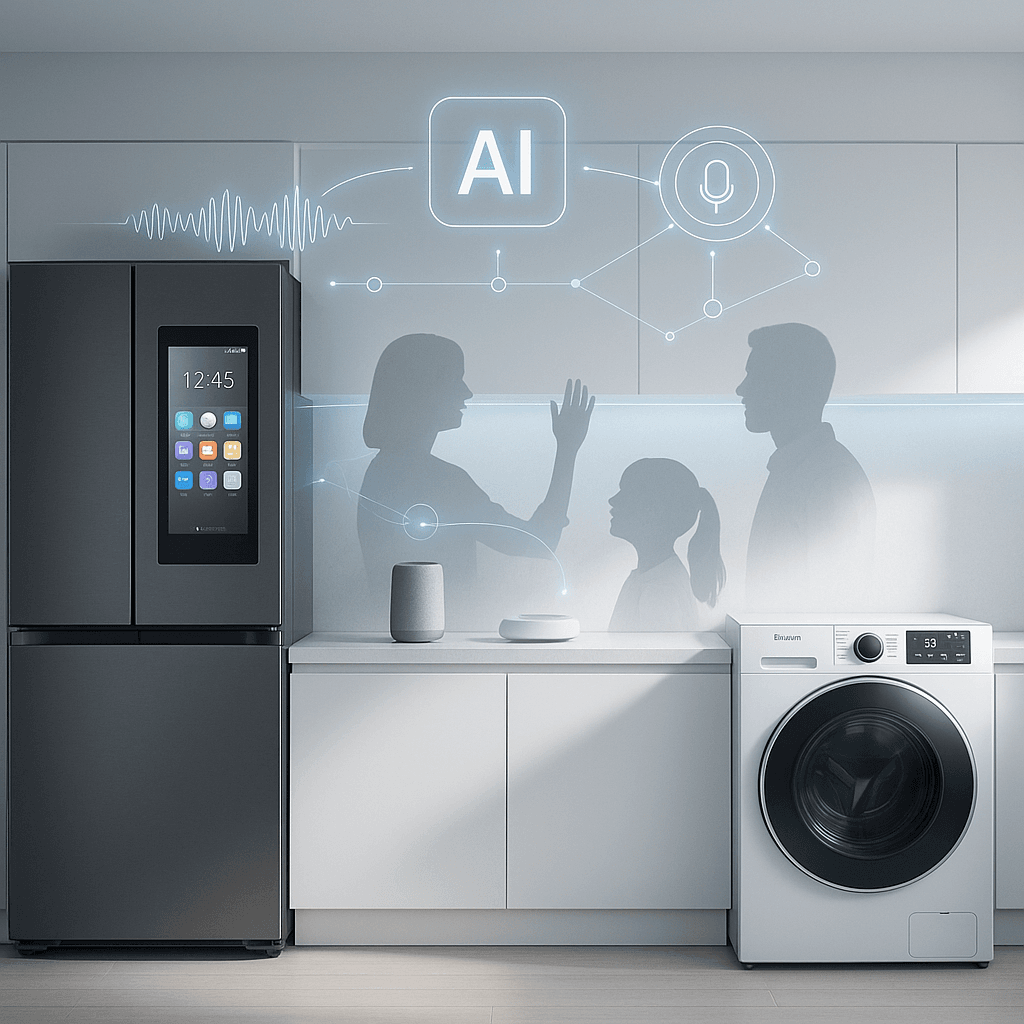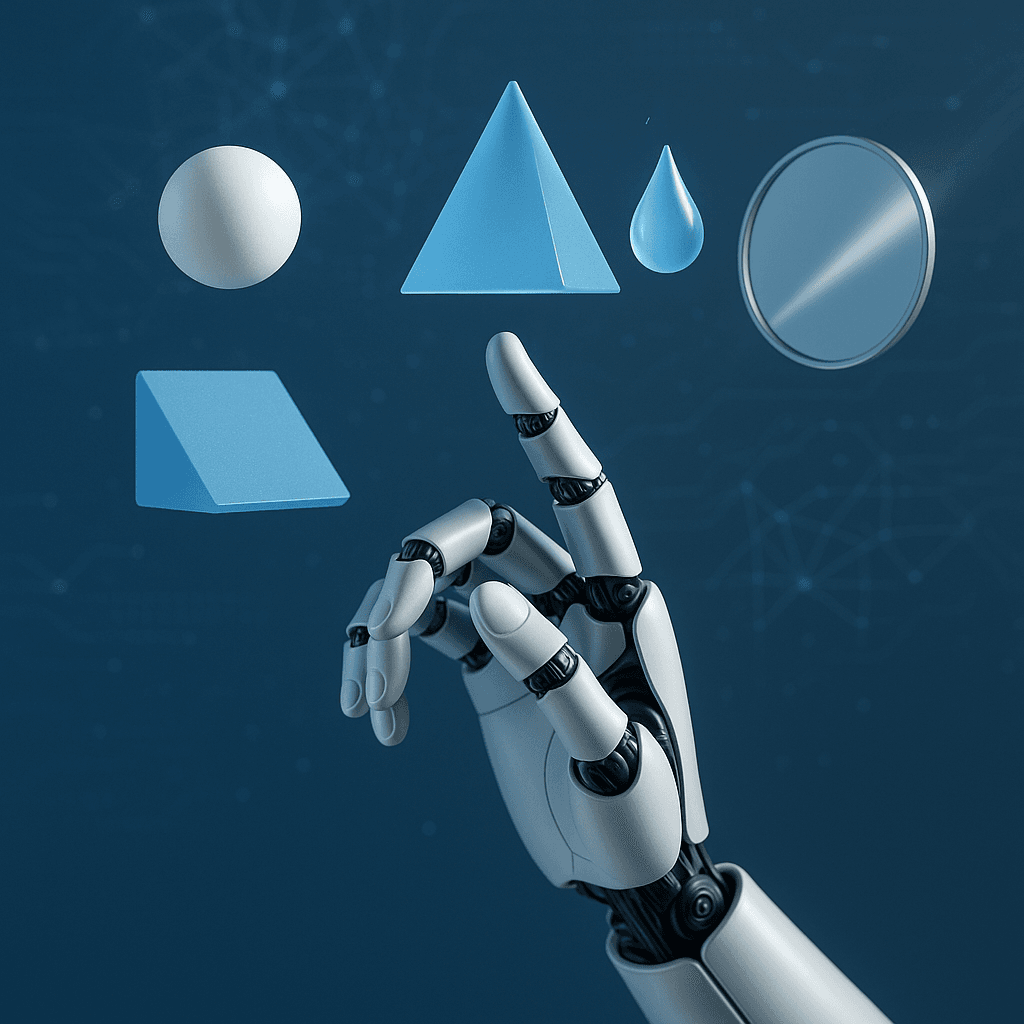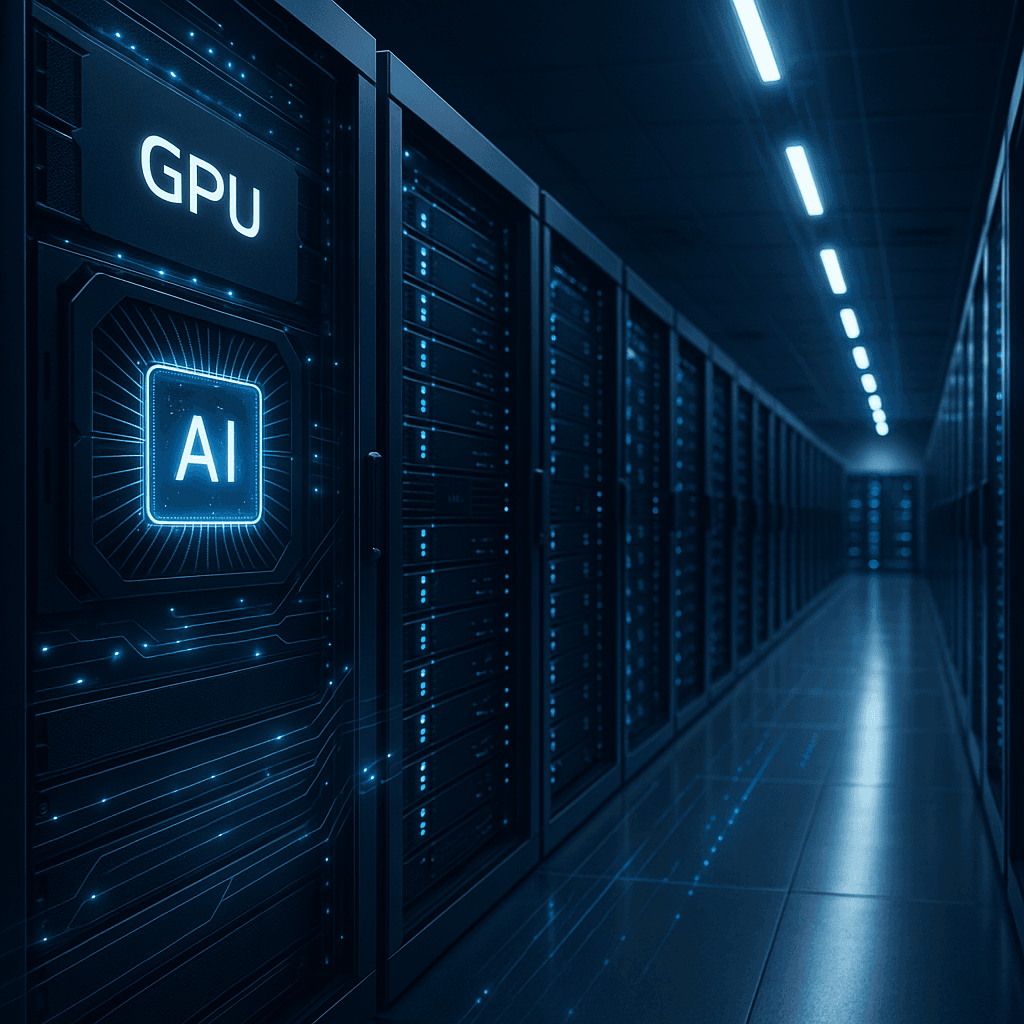Nvidia just turned the robotics industry into a shopping spree. The chip giant's new Jetson AGX Thor "robot brain" launched Monday at $3,499 for developers, marking its most aggressive push yet into a market that's already delivering explosive 72% growth and attracting major players from Amazon to Boston Dynamics.
Nvidia just made building robots as accessible as ordering enterprise hardware. The company's Jetson AGX Thor developer kit went on sale Monday for $3,499, shipping next month to developers ready to prototype the next generation of AI-powered machines. But this isn't just another chip launch – it's Nvidia's calculated bet on what CEO Jensen Huang calls the company's "largest growth opportunity outside artificial intelligence."
The timing couldn't be more telling. Nvidia's combined automotive and robotics division just reported $567 million in quarterly sales, representing a staggering 72% year-over-year increase according to the company's latest earnings. That's real money flowing into what was once considered a niche market, and major players are taking notice.
"We do not build robots, we do not build cars, but we enable the whole industry with our infrastructure computers and the associated software," Nvidia's vice president of robotics and edge AI Deepu Talla told reporters Friday. It's a classic Nvidia play – sell the shovels during the gold rush, not the gold itself.
The Thor chips represent a massive technical leap, delivering 7.5 times the performance of Nvidia's previous generation robotics processors. Built on the company's latest Blackwell architecture, these "robot brains" pack 128GB of memory – enough to run large language models and computer vision systems directly on robots without cloud connectivity. That's crucial for humanoid robots that need to interpret and respond to their environment in real-time.
The customer roster reads like a who's who of next-generation automation. Amazon, Meta, Boston Dynamics, and Agility Robotics are already integrating Nvidia's Jetson chips into their robotic systems. Nvidia has also been investing directly in robotics startups like Field AI, creating a ecosystem play that extends beyond just selling hardware.












